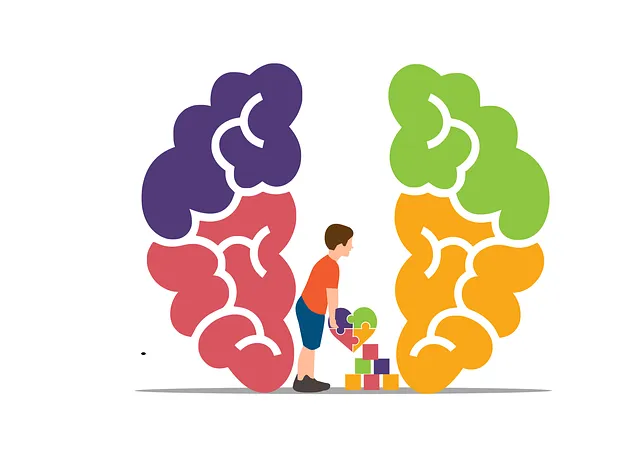Centennial Kaiser Permanente mental health locations prioritize coping skills development through diverse strategies like cognitive reframing, behavioral approaches (e.g., physical activity), crisis intervention, and cultural sensitivity. Key programs include Social Skills Training for confident interactions, Mind Over Matter principles for stress management, Mental Wellness Journaling for emotional processing, and resilience building for adaptability. These comprehensive services aim to enhance mental well-being across their nationwide network.
At Centennial Kaiser Permanente mental health locations, fostering effective coping skills is a cornerstone of holistic well-being. This article delves into the essential components of coping skill development, offering insights that can revolutionize personal resilience. From understanding the foundational role of these skills in mental health to exploring practical strategies employed at our facilities, we provide a comprehensive guide. Additionally, we discuss long-term cultivation of resilience, empowering individuals to navigate life’s challenges with enhanced adaptability.
- Understanding Coping Skills: The Foundation of Mental Well-being
- Strategies for Effective Coping at Centennial Kaiser Permanente Mental Health Locations
- Cultivating Resilience: Long-term Coping Skill Development
Understanding Coping Skills: The Foundation of Mental Well-being

Understanding coping skills is foundational to cultivating mental well-being, and this understanding is at the core of services offered by Centennial Kaiser Permanente mental health locations. These skills empower individuals to navigate life’s challenges, manage stress, and overcome adversity in healthy ways. Coping mechanisms can range from cognitive strategies like reframing negative thoughts to behavioral approaches such as engaging in physical activity or connecting with supportive networks.
At Centennial Kaiser Permanente, crisis intervention guidance is integral to fostering resilient coping skills. Additionally, burnout prevention initiatives equip individuals with tools to recognize and address signs of exhaustion, ensuring they maintain their mental health over the long term. Cultural sensitivity in mental healthcare practice is another key aspect, recognizing that tailored interventions resonate better by acknowledging diverse backgrounds and experiences.
Strategies for Effective Coping at Centennial Kaiser Permanente Mental Health Locations

At Centennial Kaiser Permanente mental health locations, coping skills development is a cornerstone of patient care. One effective strategy is Social Skills Training, which equips individuals with tools to navigate social interactions with confidence and ease. This training fosters better communication, empathy, and emotional regulation – all vital components for maintaining mental wellness.
Additionally, the Mind Over Matter Principles guide patients in reframing negative thoughts and adopting a more positive outlook. This cognitive approach helps manage stress, anxiety, and depression by empowering individuals to take control of their mental health. Encouraged by professional guidance, many also find benefit in Mental Wellness Journaling Exercises. Regular reflection through journaling allows for the processing of emotions, tracking progress, and identifying triggers – ultimately enhancing coping capabilities.
Cultivating Resilience: Long-term Coping Skill Development

Cultivating resilience is a cornerstone of long-term coping skill development, especially for maintaining mental well-being at Kaiser Permanente’s extensive network of mental health locations across the country. These locations offer a range of services designed to help individuals build resilience, which involves enhancing their ability to adapt and bounce back from life’s challenges. By focusing on resilience building, these centers empower people to navigate difficult situations with greater ease, thereby fostering better mental health outcomes.
Emotional intelligence plays a significant role in this process as it equips individuals with the skills to recognize, understand, and manage their emotions effectively. This, coupled with depression prevention strategies, enables people to approach challenges head-on. With consistent practice, resilience building can transform into an integral part of daily life, ensuring that individuals can maintain their mental health even in the face of stressful situations, ultimately enhancing their overall quality of life.
Coping skills, when nurtured and developed, can significantly contribute to overall mental well-being. As discussed in this article, understanding the importance of these skills is just the first step. By implementing effective strategies at places like Centennial Kaiser Permanente mental health locations, individuals can enhance their ability to navigate life’s challenges. Cultivating resilience through long-term coping skill development ensures a more robust and adaptable mindset, enabling folks to thrive despite adverse circumstances.






